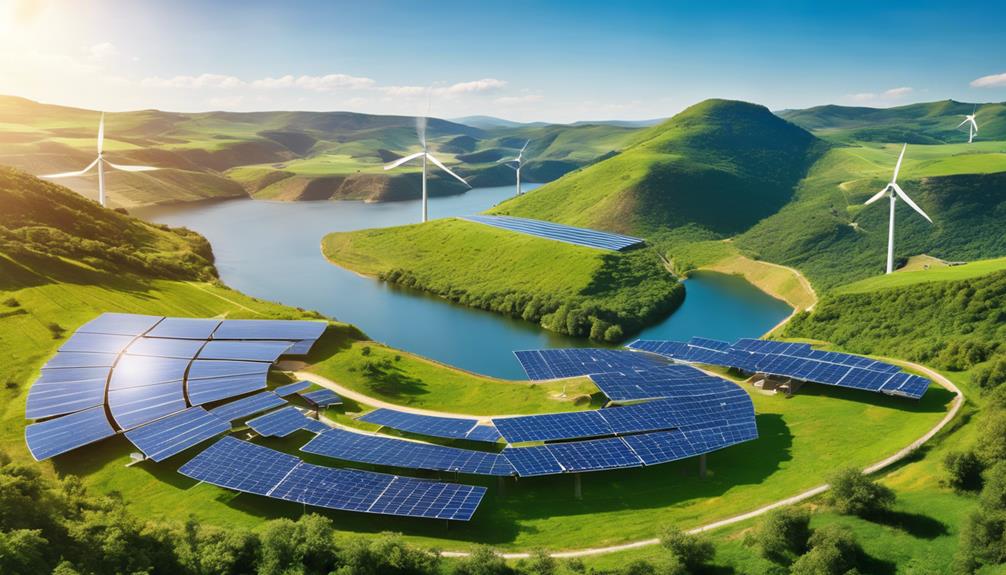
In the ever-evolving world of renewable energy, solar panels have become a popular choice for both residential and commercial applications. However, many people overlook the importance of the components that connect these panels to the rest of the solar energy system, particularly the solar panel wire. In this comprehensive guide, we’ll explore the various aspects of solar panel wire, its types, installation tips, and maintenance practices that ensure an efficient and long-lasting solar energy system.
The Importance of Solar Panel Wire in Your Energy System
When it comes to solar energy systems, the solar panel wire plays a crucial role in the overall efficiency and performance of the system. These wires serve as the conduits through which electricity generated by the solar panels travels to the inverter and ultimately to your home or the grid. The right choice of solar panel wire can minimize energy losses, enhance the durability of your system, and ensure safety. Understanding the attributes of solar panel wire is vital for anyone looking to invest in solar technology.
Types of Solar Panel Wire: Choosing the Right One
Solar panel wires are primarily categorized into two types: photovoltaic (PV) wire and THHN (Thermoplastic High Heat-resistant Nylon-coated) wire. PV wire is specifically designed for outdoor use and can withstand extreme weather conditions, UV exposure, and moisture. It is commonly used in the installation of solar panels. On the other hand, THHN wire is often used in dry locations and is less resistant to environmental factors. For outdoor solar applications, it’s advisable to opt for PV wire as it guarantees better longevity and performance.
Understanding Solar Wire Gauge: Why It Matters
The gauge of the solar panel wire is critically important, as it determines the wire’s capacity to carry electrical current. The American Wire Gauge (AWG) system is commonly used to measure wire thickness, with lower numbers indicating thicker wires. For solar installations, 10 AWG to 12 AWG wire is generally recommended for optimal performance. Thicker wires can carry more current over longer distances without significant voltage drop, which is essential for maintaining the efficiency of your solar energy system.
Installation Tips for Solar Panel Wire
Proper installation of solar panel wire is vital for the safety and efficiency of your solar energy system. Begin by selecting the right wire gauge and type, and ensure it meets the necessary local electrical codes. During installation, avoid sharp bends in the wire, as this can cause damage and affect conductivity. Additionally, use weatherproof connectors and conduit to protect the wires from environmental elements. Properly securing and routing the wires can also prevent wear and tear, extending the lifespan of your solar panel system.
Maintenance Practices for Solar Panel Wire
To keep your solar energy system running efficiently, regular maintenance of the solar panel wire is essential. Inspect the wiring periodically for signs of wear, corrosion, or damage, especially after severe weather events. Make sure all connections are secure to prevent energy loss. Cleaning the wires can also help maintain optimal conductivity. However, it’s crucial to turn off the system before performing any maintenance to ensure safety. Following these practices will help prolong the life of your solar panel wire and the entire solar energy system.
Common Issues with Solar Panel Wire and Their Solutions
Despite best efforts, issues may arise with solar panel wire over time. One common problem is voltage drop, which can occur if the wire gauge is too small for the distance the electricity needs to travel. If you notice a decrease in energy output, you may need to replace smaller gauge wires with thicker ones. Another issue is damaged insulation, which can lead to short circuits or electrical fires. If you identify any damaged wire, it’s crucial to replace it immediately to ensure safety and system efficiency.
The Cost of Solar Panel Wire: Budgeting for Your Installation
When budgeting for a solar energy system, it’s essential to factor in the cost of solar panel wire. Prices can vary based on the type, gauge, and length of wire needed for your installation. While it may be tempting to cut costs by opting for cheaper wiring options, investing in high-quality solar panel wire can save you money in the long run by reducing maintenance and replacement costs. Additionally, consider the overall efficiency gains that come from using the right wiring, which can lead to lower energy bills and a faster return on investment.
Final Thoughts: Maximizing Your Solar Energy Efficiency
In conclusion, selecting the right solar panel wire is an integral part of building a successful solar energy system. Understanding the types, gauges, and proper installation techniques can significantly enhance the performance and longevity of your solar panels. Regular maintenance and addressing common issues promptly are also essential for ensuring that your system operates at peak efficiency. By investing in high-quality solar panel wire and following best practices, you can maximize your solar energy efficiency and enjoy the benefits of renewable energy for years to come.
By understanding and applying the information outlined in this guide, you can make informed decisions about your solar energy system’s wiring, ensuring a successful and sustainable investment in renewable energy.





